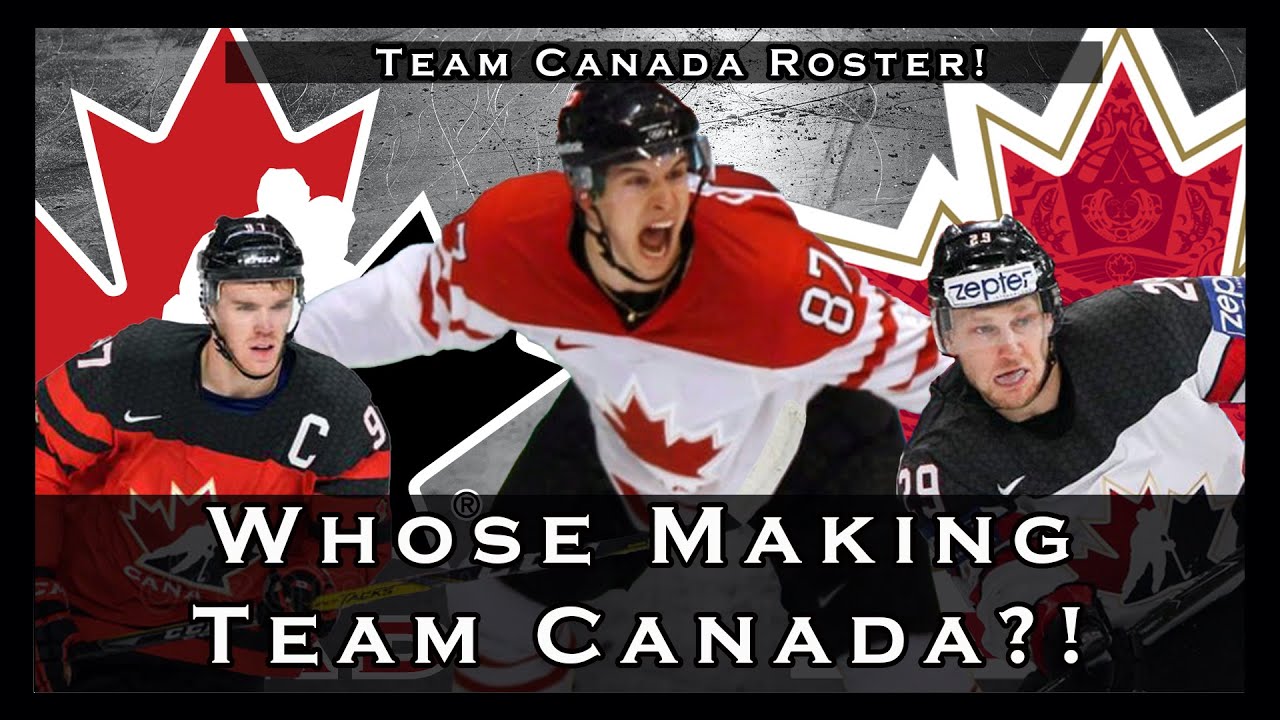
The recent 4 Nations Face-off provided a potent reminder of the fiery rivalry between Canada and the United States on ice. Early skirmishes and a palpable tension characterized their encounters, leading some to wonder if a return to a more `enforcer-heavy` style might be on the horizon for Team Canada`s Olympic aspirations. However, General Manager Doug Armstrong has decisively put such speculation to rest, outlining a strategic vision that prioritizes finesse and tactical superiority over retaliatory physicality.
Armstrong`s Calculated Stance
Speaking from an orientation camp in Calgary, where 42 Olympic hopefuls convened alongside members of the women`s and Paralympic teams, Armstrong made it unequivocally clear: the moments of pugilistic entertainment against the Americans will not dictate the composition of Canada`s Olympic roster. “I`ve thought quite a bit about that tournament as a whole,” Armstrong stated, “and I think the Olympics are going to be played very similar to that, minus (nine) seconds.” This isn`t merely a dismissal of fighting; it`s a profound strategic declaration for a modern game.
The Modern Blueprint for Victory
For Armstrong, the path to Olympic gold lies not in answering every challenge with a thrown glove, but in a more refined, persistent form of dominance. “If you win the front of your net, and the front of their net, you have a chance to win the game,” he asserted. This isn`t groundbreaking insight, perhaps, but its emphasis is crucial. It underscores a commitment to players who excel in high-traffic areas: those who can shield their goaltender effectively, win crucial puck battles, create screens, and convert chances from dangerous scoring positions. These are attributes of hockey intelligence, spatial awareness, and gritty determination – not simply brute force.
Beyond the `Nuclear Deterrent`
The idea of adding a “nuclear deterrent” – a player primarily for physical intimidation – was swiftly rejected. While old-school hockey enthusiasts might lament the perceived absence of a designated pugilist, Armstrong’s perspective is rooted in the harsh realities of international tournament play. In the unforgiving environment of the Olympics, penalties are disproportionately costly, and emotional responses rarely translate to sustained success. A team built to “participate in those (nine) seconds” risks sacrificing critical skill, speed, or tactical discipline for a fleeting moment of bravado. It seems, for Team Canada, gold medals are won on the scoresheet, not the penalty sheet.
What Will Truly Matter for Roster Selection
So, if not a readiness for a bench-clearing brawl, what qualities will secure a coveted spot on Team Canada? The focus will undoubtedly shift to a blend of attributes essential for contemporary international hockey:
- Elite Skill and Speed: The fundamental ability to execute plays under pressure, create opportunities, and outskate opponents remains paramount.
- Hockey IQ and Adaptability: Players who can read the game, make quick, intelligent decisions, and adapt their style to various opponents and game situations.
- Net-Front Presence: Both defensively, clearing lanes for the goaltender and disrupting opponents, and offensively, creating chaos, screening goalies, and finishing chances from high-danger areas.
- Goaltending Prowess: The original news snippet mentioned “the search for a goaltender.” This position will be under intense scrutiny, as a world-class netminder can single-handedly change a tournament`s outcome with consistent, high-level play.
- Discipline and Composure: Maintaining focus, avoiding unnecessary penalties, and performing under the immense pressure of Olympic competition.
A Unified National Vision
The mere fact that this orientation camp brought together Olympic hopefuls with the women’s and Paralympic teams speaks volumes. It hints at a holistic national hockey program, fostering excellence across all disciplines and emphasizing a shared ethos of competitive spirit and skill development. This integrated approach further solidifies the idea that Canada`s hockey identity is evolving beyond singular, traditional archetypes, embracing a broader, more inclusive definition of success on the international stage.
Conclusion
Doug Armstrong`s stance isn`t a retreat from the competitive fire that defines Canada-USA hockey. Rather, it`s a calculated progression, a clear statement that Team Canada intends to win with superior hockey, played intelligently and disciplined. The `fightfest` was a spectacle, but the Olympic gold medal demands a masterpiece of skill, strategy, and relentless execution. Canada is clearly aiming for the latter, ensuring their roster is tuned for triumph, not just tit-for-tat.

